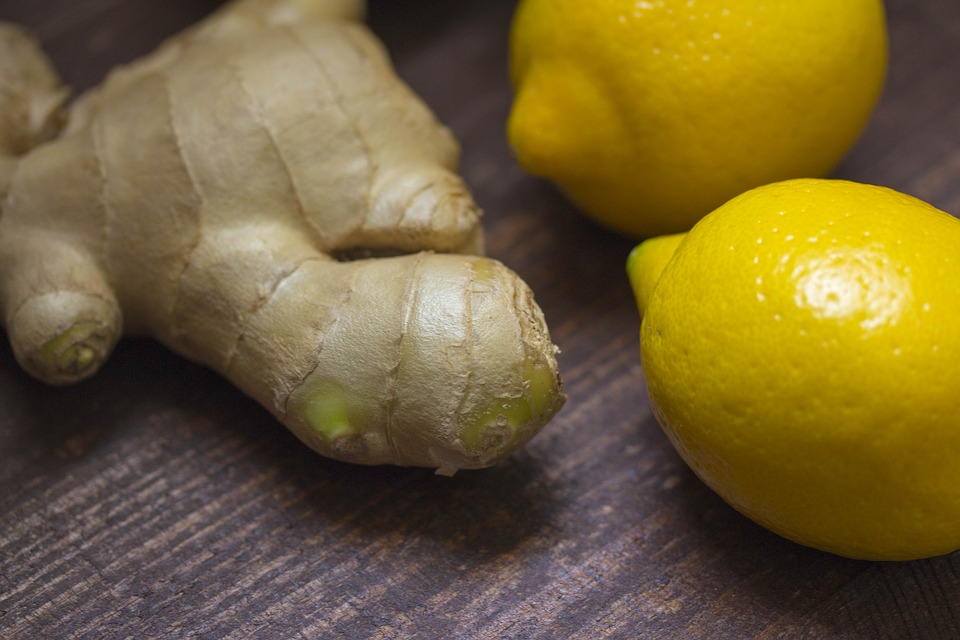Traditional medicine is the sum total of the knowledge, skills, and practices based on the theories, beliefs, and experiences indigenous to different cultures, whether explicable or not, used in the maintenance of health as well as in the prevention, diagnosis, improvement or treatment of physical and mental illness.
-World Health Organization

An Overview
Most of the time when we talk about folk remedies in modern day society, we use terms like natural or traditional medicine as a qualifier. The term "folk remedy" seems to evoke an image of something archaic that is, at least, ineffective and potentially dangerous. The truth is, we use folk remedies in our lives everyday, we just don’t think of them as folk remedies!
The following are examples of what folk remedies may be:
- Health related practices and non health related practices.
- The collective knowledge, skills, traditions, beliefs, and experiences that are indigenous to cultures.
- Practices are used to cure, prevent, or maintenance.
- They can be related to religious beliefs, though, not necessarily.
- Practices that traditionally use locally accessible items.
- Folk remedies were created to serve those with limited (or no) access to healthcare.
Folk remedies folk remedies are designed to be used “in a pinch”. They may use household or locally accessible items like eggs, milk, vinegar, and/or native plants. Many have existed longer than medical science. Because of their archain origins, some may seem reckless; however, it’s important to consider their context. Some of the folk remedies we view as disgusting were actually much safer than what doctors of the time might do to treat you!
Origins of American Folk Remedies
American folk remedies are derived from a mix of cultures. Many originated outside of the U.S., but have been practiced in the U.S. for a long time. Here are some examples of cultures folk remedies used in the U.S. came from:
- European
- Indian
- African
- Chinese
- Native American
- Others
While information is limited, most who study current practices in folk remedies agree they are more likely to be used by older adults, African-Americans, Mexican-Americans, Native Americans, and women.
Examples of Folk Remedies Not Related to Health
Not all folk remedies are related to health. Many folk remedies can be used for cleaning or problem-solving in a pinch:
- Ice, chewing gum, or bread to keep onions from burning your eyes
- Hairspray or alcohol to remove ink stains
- Dryer sheets/Pam to remove bugs from your car's hood
- Mayonnaise or peanut butter to remove gum from hair
- Baking soda sprinkled on soap spills for easy clean-up